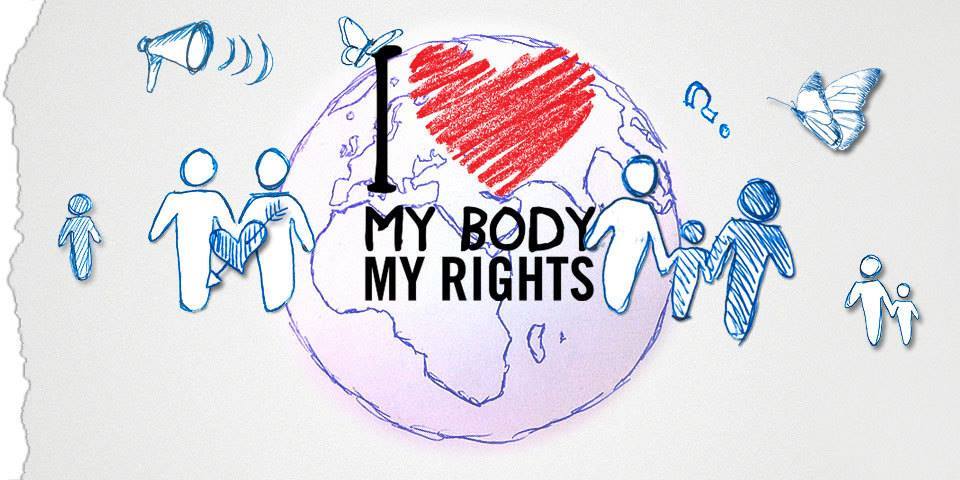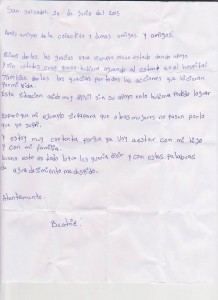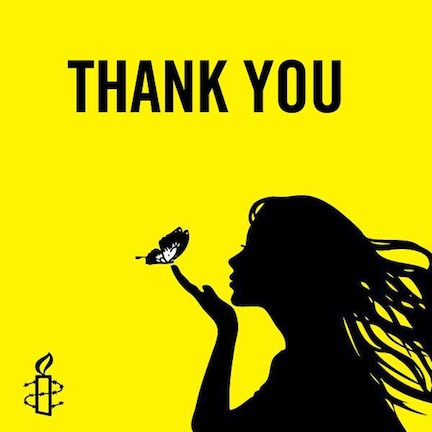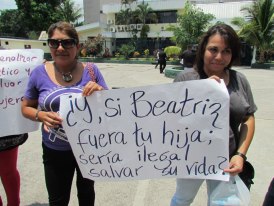
Protesters at a demonstration outside the Supreme Court of Justice in San Salvador. The sign reads, “If Beatriz were your daughter, would it be illegal to save her life?”(Photo Credit: Courtesy of Agrupación Ciudadana por la despenalización del aborto Terapéutico, Ético y Eugénesico).
Officially, El Salvador does not have capital punishment. The result will be the same, however, for “Beatriz,” a 22-year-old whose “crime” consists of needing an abortion to save her life. Abortion is illegal in El Salvador law under all circumstances, including rape, incest, and maternal health. Beatriz has a history of lupus, kidney problems, and other health conditions that her doctors have indicated place her at high-risk for pregnancy-related death. She is currently four and a half months pregnant. Preventing her from receiving an abortion is therefore comparable to a death sentence. This, in turn, will leave her one-year-old son motherless.
But surely, you may think, some Salvadoran doctor will ignore the law for the higher goal of saving this woman’s life. In November, I posted an account of another Salvadoran woman, “Mery,” who was turned in to the police by her own doctors after suffering complications from a clandestine abortion. While this may appear shocking to readers in the United States, Salvadoran law requires doctors to do so. “Beatriz” and her doctors have to worry that someone will turn them in if they proceed without explicit government authorization.
SEE THE REST OF THIS POST
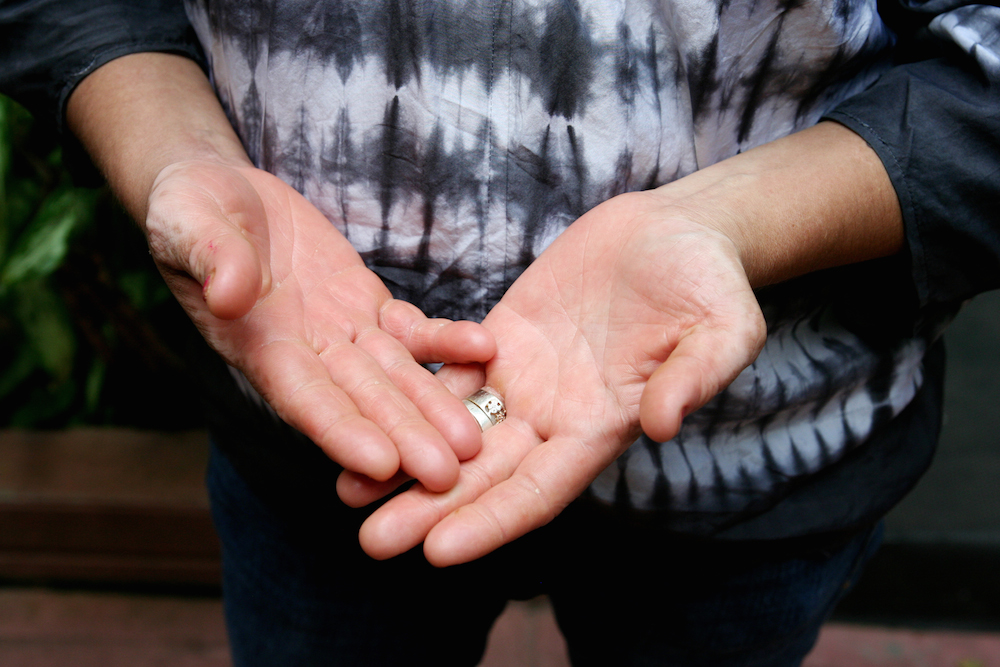
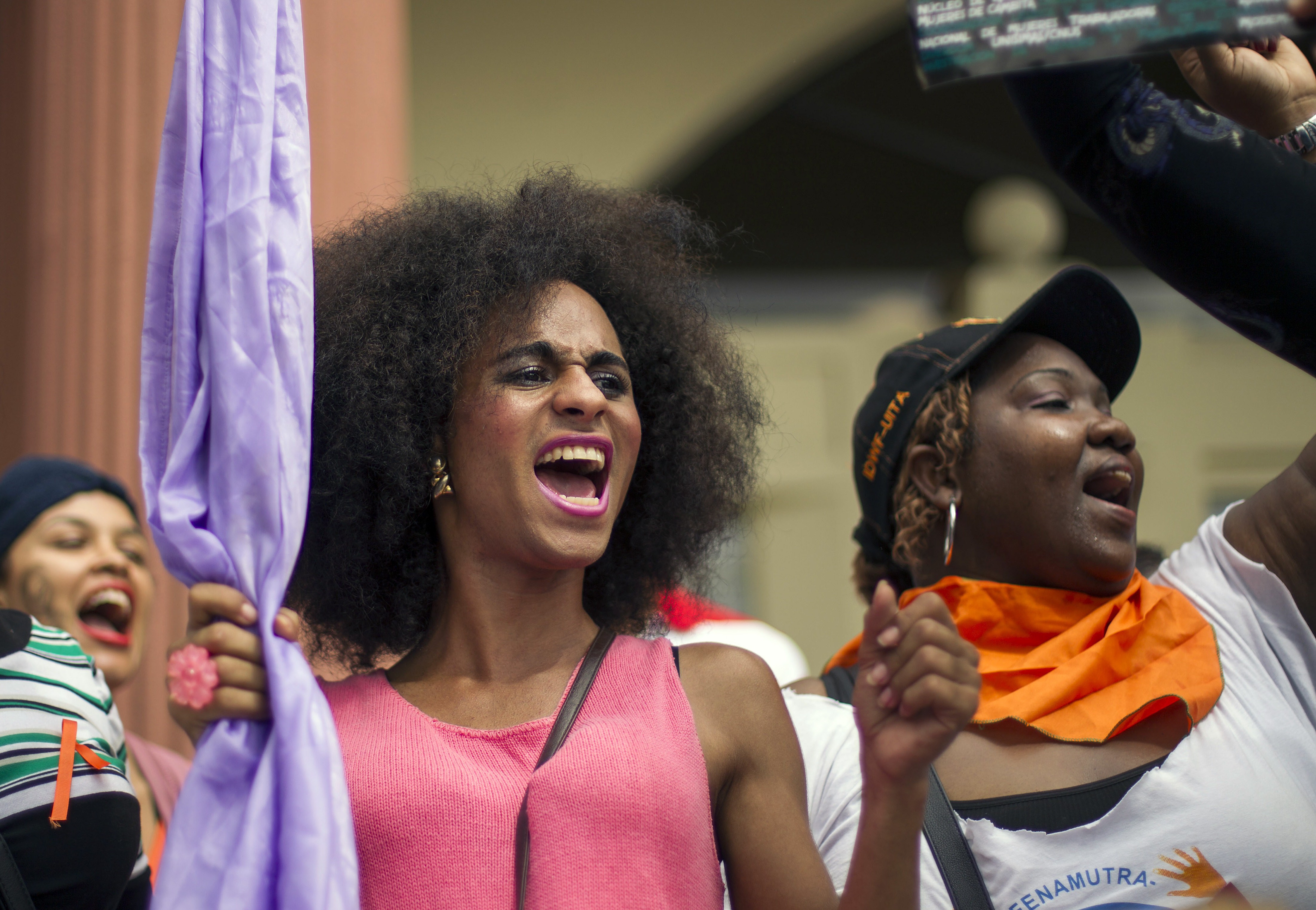
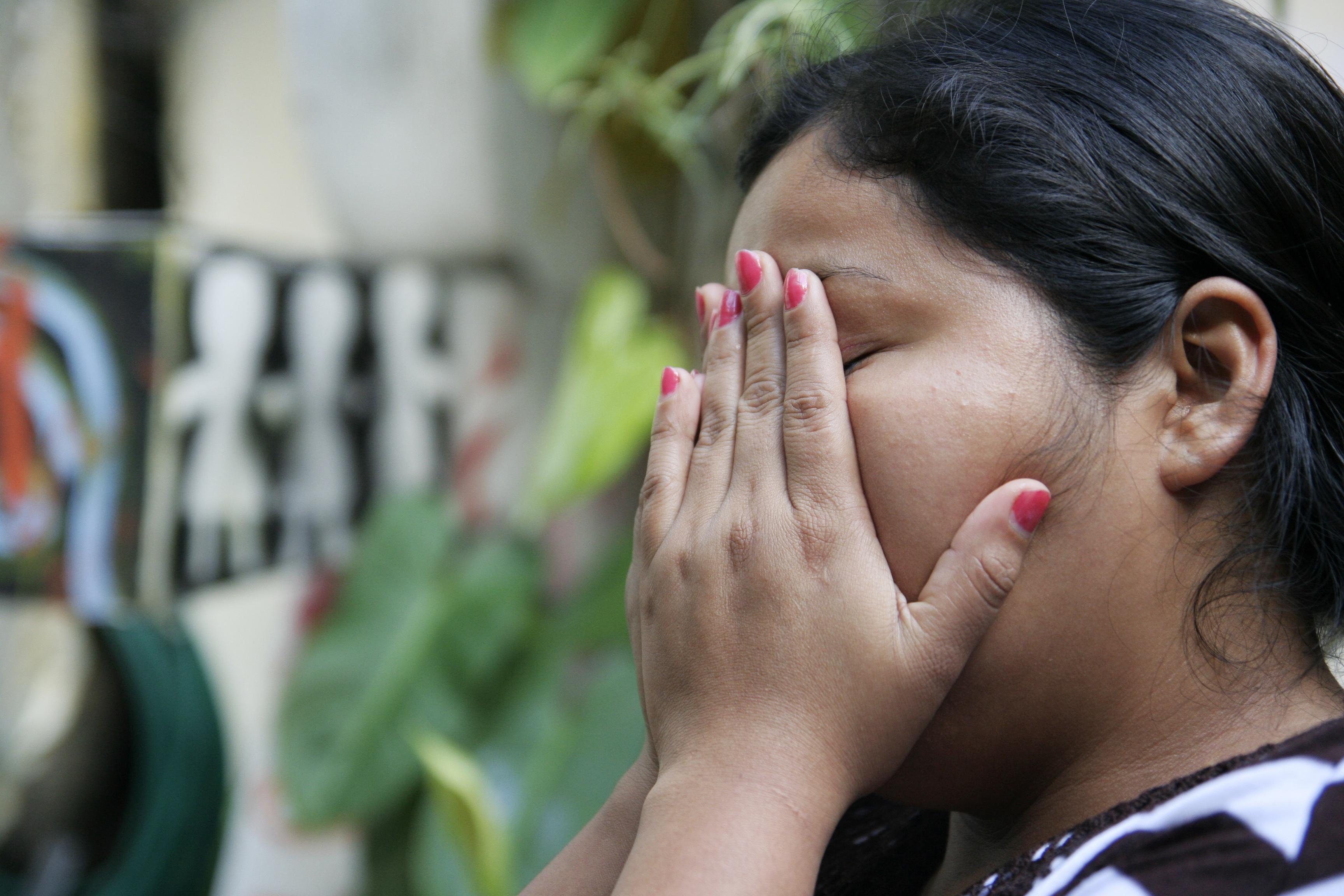
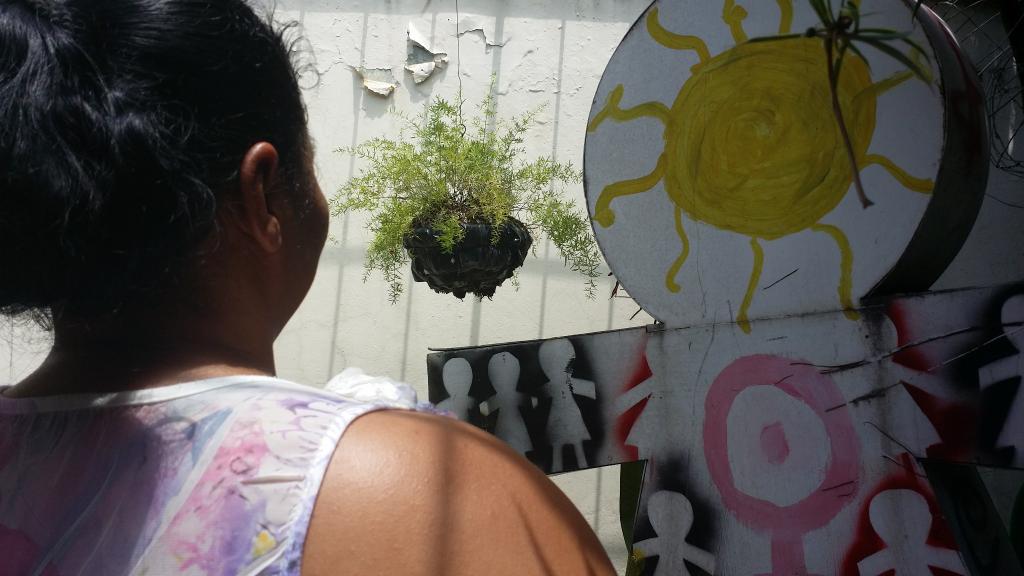 Sunday, September 28, Amnesty International is taking part in the International Day to Decriminalize Abortion. The importance of access to safe, legal abortion is clearly demonstrated in Amnesty’s new report,
Sunday, September 28, Amnesty International is taking part in the International Day to Decriminalize Abortion. The importance of access to safe, legal abortion is clearly demonstrated in Amnesty’s new report, 